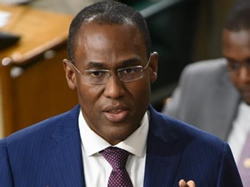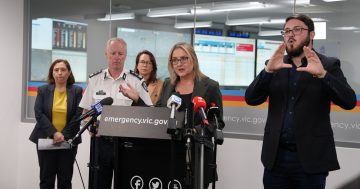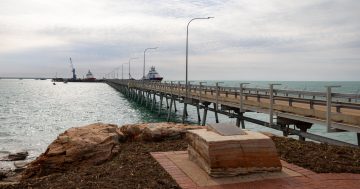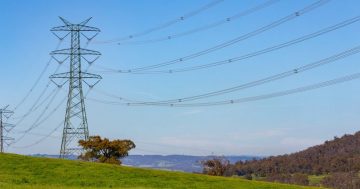 Jamaica’s Minister of Finance and the Public Service, Nigel Clarke, says the Government is working to reduce the country’s vulnerability to climate change by instituting a “suite of financial instruments that can pay out in the event of a natural disaster”.
Jamaica’s Minister of Finance and the Public Service, Nigel Clarke, says the Government is working to reduce the country’s vulnerability to climate change by instituting a “suite of financial instruments that can pay out in the event of a natural disaster”.
He said Jamaica had become the first small country globally to independently sponsor a ‘Catastrophe Bond’ that provided fiscal resources to respond to catastrophic events.
The Minister was speaking during a virtual discussion forum hosted by Jamaica’s Ambassador to the United States, Audrey Marks.
Dr Clarke (pictured) said the bond was complemented by other products, including the Inter-American Development Bank, Credit Contingent Claim, the Caribbean Catastrophe Risk Insurance Facility and a Natural Disaster Fund for which work was still in progress.
“That suite provides us with some degree of resilience-building to the possibility of climate shocks,” Dr Clarke said.
“We have to work on increasing our resilience to energy commodities. That’s still a work in progress. We import about US$2 billion ($A3 billion) worth of energy commodities per year, about 11 per cent of Gross Domestic Product, which is far too much.”
He said the Government was working on a transition to renewable energy to reduce that structural vulnerability.
Dr Clarke said Jamaica’s source of vulnerability in the past had been fiscal, mainly due to the country’s high debt, which had compromised the Government’s ability to respond to crises and finance growth-inducing capital expenditure.
“We just had insufficient reserves in the Central Bank and we have addressed that, making the Central Bank independent and, in so doing, the non-borrowed reserves increased by US$1 billion ($A1.5 billion) between about 2016 and 2020,” the Minister said.
Kingston, 28 June 2023











